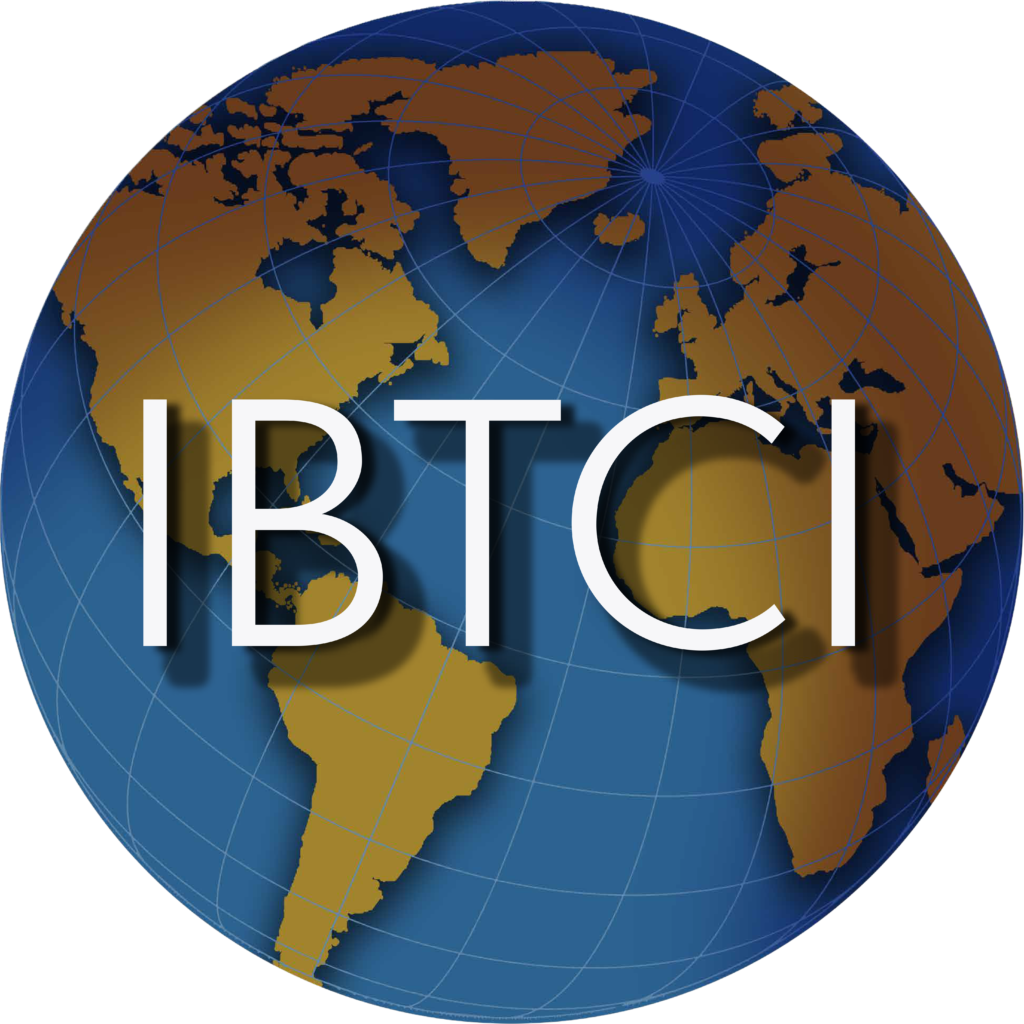USAID’s Strengthening Communities through Integrated Programming (SCIP) was implemented to integrate health, HIV/AIDS, water/sanitation, and rural enterprise components with nutrition and agriculture to strengthen communities in Nampula and Zambezia. It was implemented by two consortia of NGOs. IBTCI was asked by USAID to evaluate the effectiveness of integration by SCIP and determine whether the project’s ongoing implementation reached its outlined objectives to inform programmatic decisions (e.g., scale-up, modification, and enhancement) in the future. For this, IBTCI created a novel analytic framework to define and measure integration with a modification of outcome harvesting.
IBTCI selected three districts in Zambezia (Gurué, Lugela, Morrumbala) and three districts in Nampula (Mogovales, Ribaue, Monapo) for data collection and evaluation. Interviews were conducted with a wide range of stakeholders in SCIP activity implementation, including USAID SCIP staff, Government of Mozambique (GOM) officials, community organization officials, and health facility, community workers and members. In total, IBTCI conducted 50 focus group discussions (FGDs) and 94 key informant interviews (KIIs) in the two provinces of Nampula and Zambezia. During IBTCI’s qualitative data analysis, a unique matrix of integration tool was developed to assess the level of integration across SCIP activities in Mozambique. Health integration activities were analyzed along multiple stages, beginning with networking and introduction to cooperation and partnering. IBTCI’s field team evaluated each SCIP’s progress towards integration by assessing leadership and decision making, planning and project design, administrative and human resources, and community ownership/accountability. Evaluation results were shared at USAID and local stakeholder meetings in Quelimane, Zambezia, and Nampula in November, 2013.
